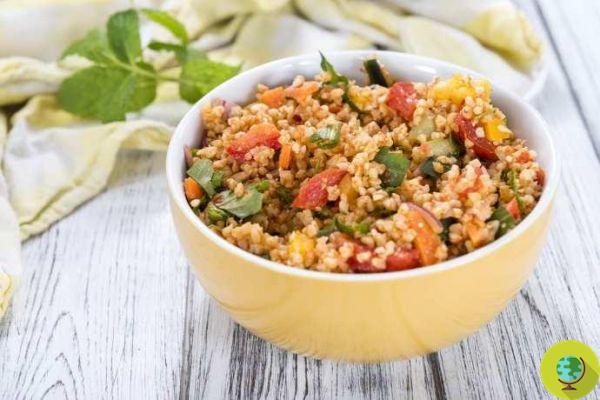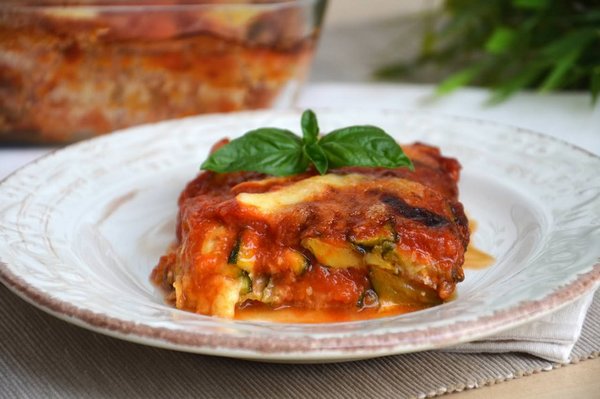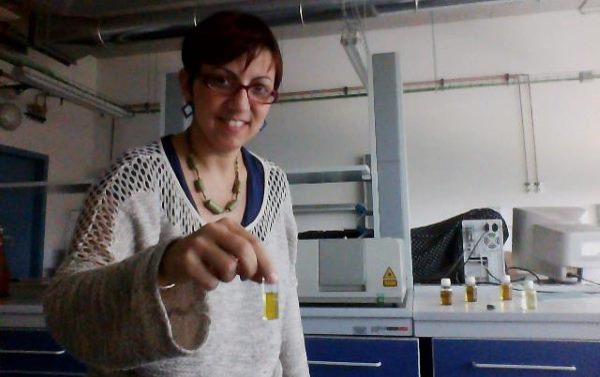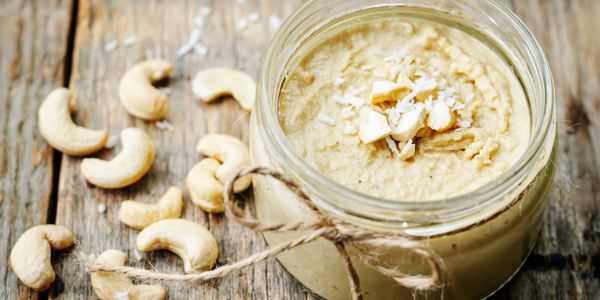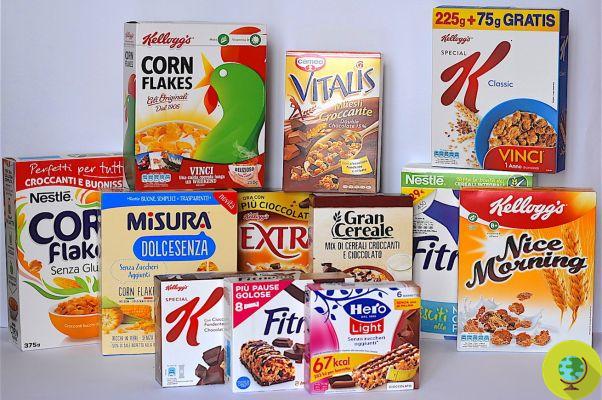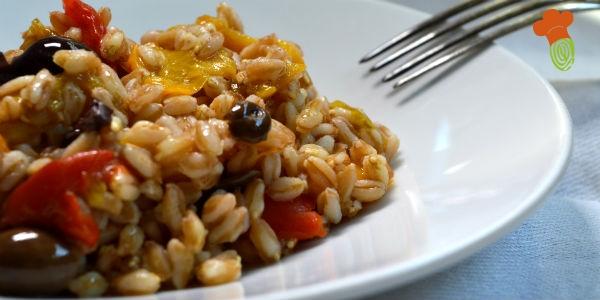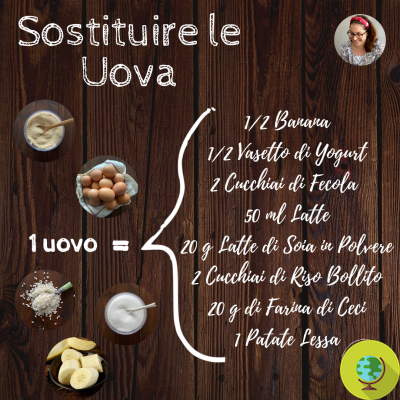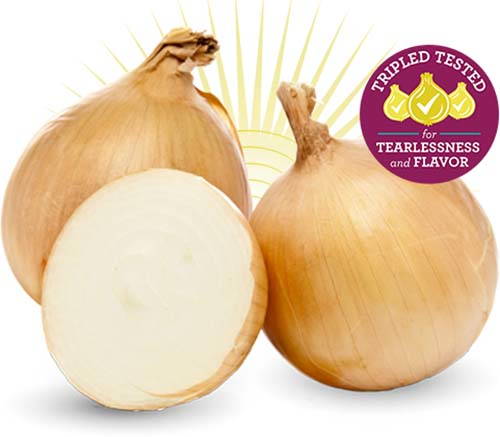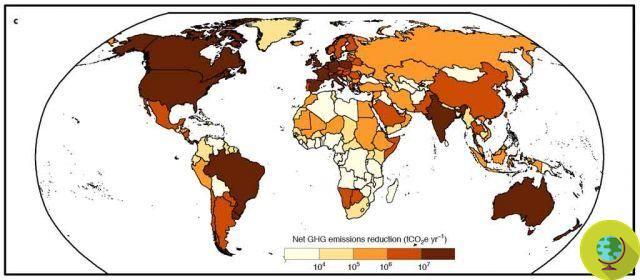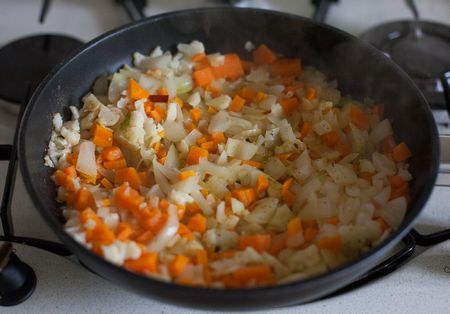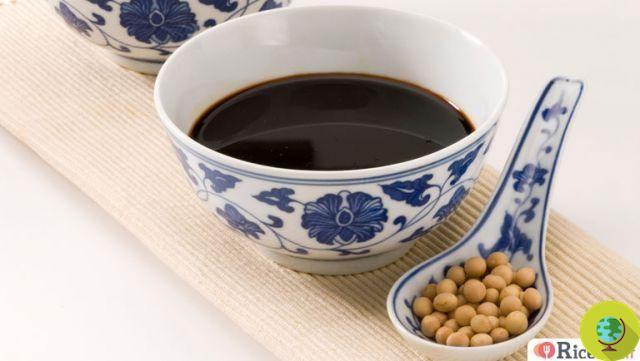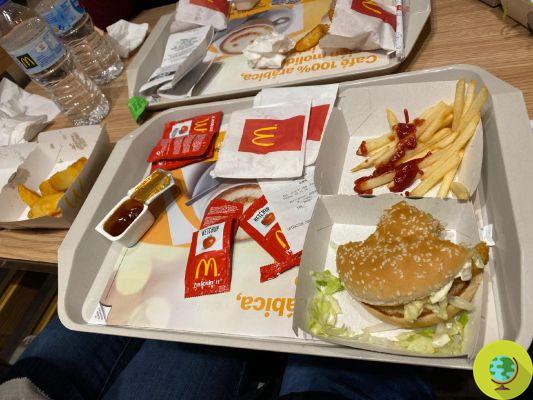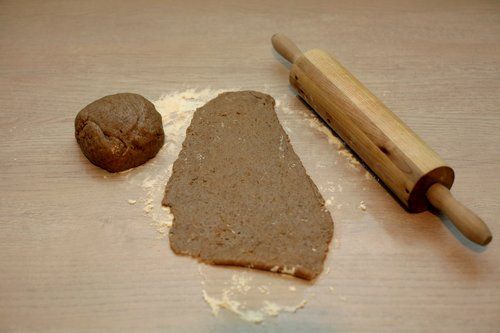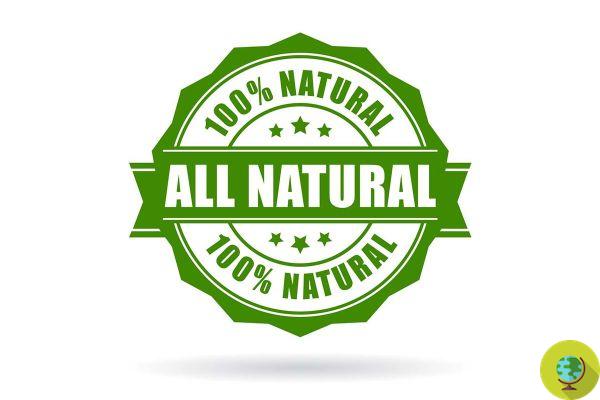
The term "natural" on the label can mislead consumers as there is no precise legal term.
Don't store avocado like this: it's dangerousA group of MEPs wrote to Stella Kyriakides, European Commissioner for Health and Consumer Policy, asking for a legal definition of the term "natural", now used in food labels often in a "misleading" way for consumers.
How many times have you happened to read the writing in plain sight on some food or drink package “Natural” or “100% natural”. This, unfortunately, is not always true, given that there is no legal definition of the term at the food level. Consequently, producers use this term a little to their liking, risking to confuse the consumer who, we remember, should always read the label and nutritional table of what he buys, avoiding relying exclusively on slogans.
A very important issue that has returned to the center of attention after a group of over 30 MEPs wrote a document in which they emphasize that the term "natural", used in many cases improperly, tends to mislead consumers.
The letter presented to Stella Kyriakides, European Commissioner for Health and Consumer Policy reads:
“The EU does not currently have a legal definition of the term 'natural' for food. As a result, the claim is often used by food manufacturers to promote food characteristics that differ substantially from the composition of the final product. The urgency to tackle the problem is represented by several examples of misleading use of the term on products available on the market, which affect the daily life of consumers and are in contrast with various EU legislation ”.
The letter then continues underlining that Regulation (EC) No 1924/2006, or the regulation on nutrition and health claims relating to food products, explicitly mentions that the criteria for the labeling of food:
"They would aim to avoid a situation where nutrition or health claims mask the overall nutritional status of a food product, which could mislead consumers when trying to make healthy choices in the context of a balanced diet."
The letter also cites a report recently published by Safe Food Advocacy Europe which highlights precisely this problem, showing concrete examples of the misleading use of the term “natural” on food products.
Save Food Advocacy Europe analyzed the composition of hundreds of products bearing the wording "natural", discovering the bitter truth: some of these were far from natural as cthey contained chemicals and synthetic among the ingredients.
Finally, the parliamentarians ask the European Commission to address this problem by ensuring that:
• EU food law defines a clear definition of 'natural' for food.
• EU food law includes criteria for using the term "natural" on labels to ensure correct information for consumers.
• Information such as the origin of the ingredients and the actual composition of the products are easily recognizable by consumers.
• Naturally labeled products are free from GMOs, synthetic substances and 100% biodegradable.
The full text of the letter sent to the European Commission can be found HERE.
Fonte: Save Food Advocacy Europe
Read also:
- Food labels: 10 misleading words to watch out for






